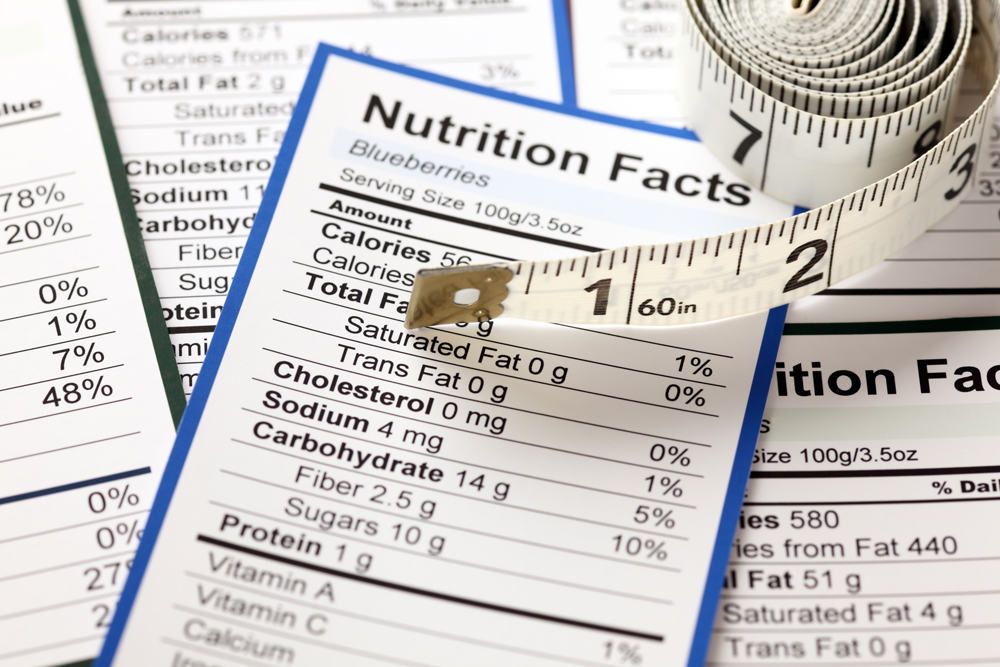Indonesia is taking a bold step in shaping the future of its food industry by introducing new food labeling requirements. Food companies operating in the country will be given two years to comply with these regulations, which are designed to improve transparency, consumer safety, and healthier consumption choices.
The Indonesian government, through the Food and Drug Supervisory Agency (BPOM), announced that these new labeling standards are part of its strategy to align local practices with international benchmarks. This move comes at a time when global consumers are increasingly demanding clear, accurate, and accessible information about the food they purchase.
The new Indonesia food labeling rules are expected to impact both domestic food producers and multinational companies that distribute products in the country. For businesses, the two-year transition period offers room to adapt their production, marketing, and distribution processes, while also ensuring that consumers can make better-informed decisions about their diets.
The Purpose Behind Indonesia Food Labeling Rules
The primary purpose of these new rules is to improve consumer health outcomes by promoting better transparency in food products. Many processed and packaged foods in Indonesia currently lack detailed labeling regarding nutritional values, sugar, fat, and sodium levels. As non-communicable diseases such as diabetes and hypertension continue to rise, the government believes clear labeling will encourage healthier choices.
Indonesia is not alone in adopting stricter food labeling rules. Countries like Singapore, Thailand, and Mexico have already implemented similar measures. For example, Mexico introduced front-of-pack warning labels to alert consumers about high sugar and fat content. Indonesia food labeling rules, while not identical, reflect a global movement toward empowering consumers with essential health information.
Another objective is market fairness. Clear regulations mean that all companies, whether large multinationals or small local producers, must meet the same standards. This levels the playing field and prevents misleading marketing strategies that could otherwise confuse consumers.
The Timeline For Compliance
Food companies will have two years to fully adapt to the Indonesia food labeling rules. During this period, the government is expected to provide technical guidance, industry consultations, and gradual enforcement measures.
The transition period is crucial because many businesses, particularly small and medium enterprises (SMEs), may face challenges in redesigning packaging, printing new labels, or conducting laboratory tests to verify nutritional data. Large food corporations may be better positioned financially and operationally to comply quickly, but even they will need to update supply chains and coordinate with international headquarters.
Failure to comply within the given period could result in penalties, product recalls, or restrictions on distribution. For companies that rely heavily on Indonesian consumers, non-compliance could mean significant financial losses.
How Indonesia Food Labeling Rules Affect Businesses
The impact of Indonesia food labeling rules will vary depending on the scale of operations. For multinational food producers, compliance may involve coordination across regional offices, adapting global labeling standards to Indonesian requirements, and ensuring translation accuracy.
For local food manufacturers, the changes might require new investments in packaging technology, staff training, and product reformulation if certain nutritional claims cannot be justified. While this could initially increase operational costs, experts believe the long-term benefits include stronger consumer trust and brand loyalty.
Retailers will also be affected, as they must ensure that the products they sell meet the new regulations. This could result in stricter supplier audits and partnerships with producers that demonstrate compliance.
Consumer Implications And Market Shifts
For Indonesian consumers, the new rules are expected to provide clearer and more reliable information. Labels will help shoppers understand how much sugar, fat, or sodium they are consuming, empowering them to make healthier decisions.
This may also shift market demand. As consumers become more aware, products with high sugar or sodium content may face reduced sales, encouraging companies to reformulate recipes. On the other hand, brands that emphasize health-conscious products could gain a competitive edge.
The rise of e-commerce in Indonesia also means that digital platforms must ensure compliance. Online food marketplaces will likely require suppliers to display accurate product labeling on their platforms, extending the impact of these rules into the digital retail space.
Indonesia In The Global Context
The Indonesia food labeling rules place the country within a global trend of governments taking a more proactive role in food safety and public health. With its large and growing population, Indonesia’s actions could influence regional trade policies and encourage neighboring countries to harmonize food standards.
For international companies, compliance in Indonesia could serve as a model for meeting similar standards elsewhere. As global supply chains integrate more tightly, companies that fail to adapt risk being left behind in competitive markets.
Challenges And Opportunities Ahead
The challenges for businesses are significant, especially for SMEs with limited resources. Costs related to packaging redesign, nutritional testing, and regulatory compliance may feel overwhelming. Yet, there are also opportunities.
Companies that move quickly can position themselves as leaders in transparency and consumer health. Those that embrace reformulation and innovation could appeal to health-conscious consumers, opening new market segments.
Moreover, collaboration between government, industry, and civil society will be critical. Educational campaigns could help consumers understand the new labels, while business associations could provide support for smaller firms.
Conclusion
Indonesia’s decision to enforce new food labeling rules marks a transformative step in its food industry landscape. With a two-year compliance timeline, businesses have the opportunity to adapt while consumers stand to benefit from greater transparency and healthier choices.
The success of these rules will depend on effective enforcement, industry cooperation, and consumer awareness. If executed well, the Indonesia food labeling rules could strengthen public health outcomes, boost trust in the food sector, and position Indonesia as a regional leader in food policy innovation.
Read More






 Thursday, 22-01-26
Thursday, 22-01-26







